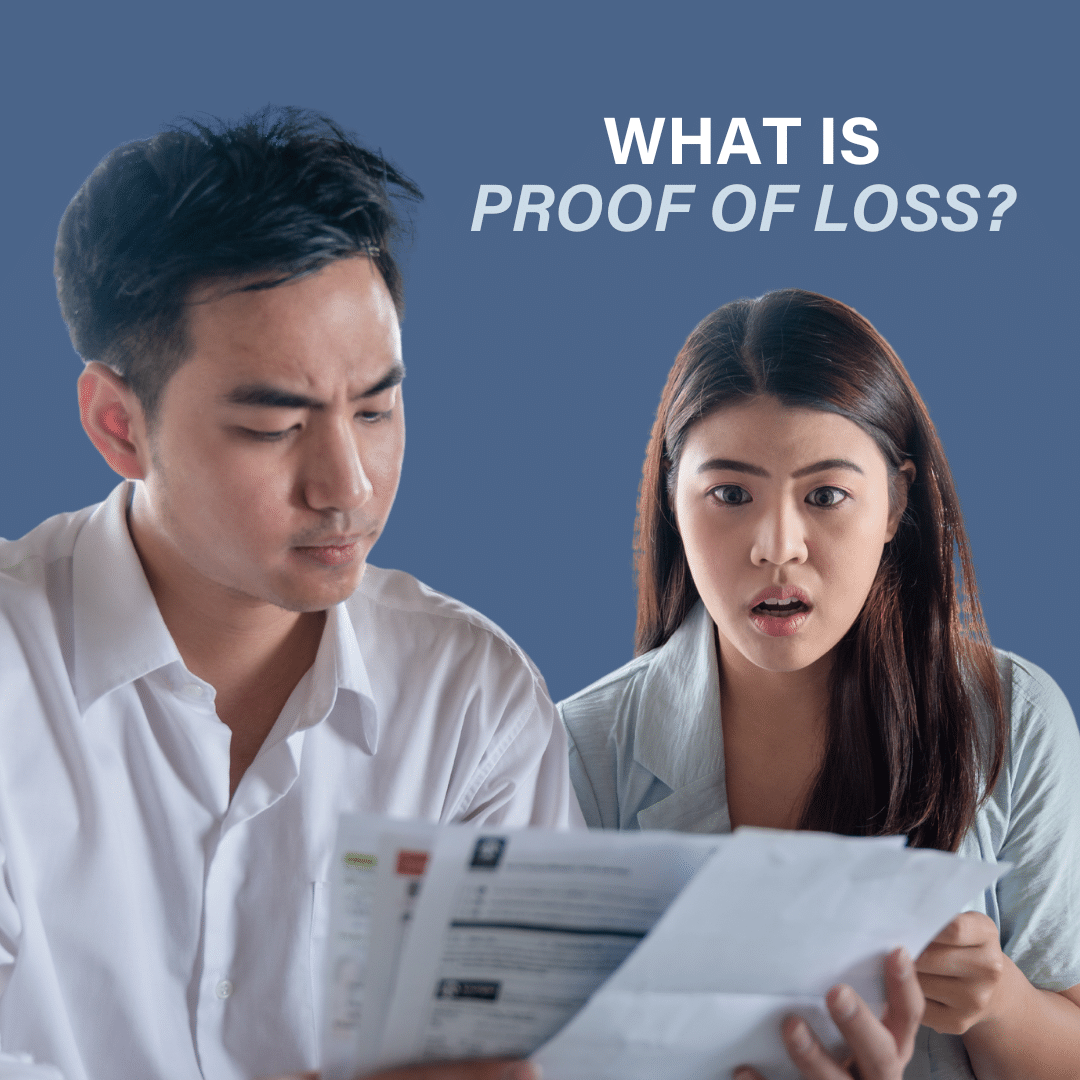What is a Proof of Loss?
In the world of property insurance, the unexpected can happen at any moment. Whether it’s a natural disaster, a fire, or a burst pipe, the need for insurance coverage can arise when we least expect it. In these trying times, property owners turn to their insurance policies for the financial support and security they were promised. However, the path to securing a fair insurance payout can be filled with challenges and complexities. This is where a reliable property insurance law firm, like ours, plays a crucial role. In this blog, we will shed light on the critical role of the “proof of loss” and how it can make all the difference in your insurance claim journey.
Understanding Proof of Loss
At its core, a “proof of loss” is a formal document, submitted by the policyholder to their insurance company, after an insured loss has occurred. It is the policyholder’s statement detailing the extent of the damage or loss suffered, as well as the value of the property or items affected. The purpose of this document is to serve as a fundamental piece of evidence during the insurance claim process, showing how much money you are claiming in order to put your property back to its pre-loss condition.
While the concept itself seems straightforward, the devil lies in the details. Crafting an accurate, comprehensive proof of loss is often where the challenge begins. Insurance companies are meticulous in their examination of these documents, and any discrepancies or missing information can lead to claim denials or reduced payouts.
The Importance of Accuracy
Complete Documentation: Your proof of loss should be thorough and exhaustive. This means documenting every damaged item, structural damage, or loss of property, accompanied by photographs, invoices, and any other relevant evidence. Our experienced attorneys can guide you in preparing a comprehensive document that leaves no room for ambiguity.
Valuation: Assigning a precise value to your losses is a critical aspect of the proof of loss. This includes considering depreciation, replacement costs, and market values. Our firm’s experts specialize in property valuation and can ensure your claims are backed by accurate figures.
Policy Language: Understanding your insurance policy’s language is key to ensuring your proof of loss aligns with the terms and conditions outlined in your policy. Some policies require a sworn proof of loss to be submitted within 60 days of the loss, whereas other policies only require the sworn proof of loss upon request. Insurance policies can be complex, with various provisions and exclusions. Our legal team is well-versed in deciphering policy language and ensuring your claim complies with it.
Navigating the Claim Process
Submitting your proof of loss is just the beginning of the claims process. Insurance companies will typically conduct their own investigations and assessments, which can be intimidating for policyholders. Our property insurance law firm acts as your advocate throughout this process, ensuring your rights are protected and that the insurance company upholds its obligations.
Remember, the proof of loss is not just a document; it’s a policy condition that you must comply with in order to get paid on valid claims.
Contact us today to discuss your property insurance claim needs and embark on the path to recovery with confidence!




